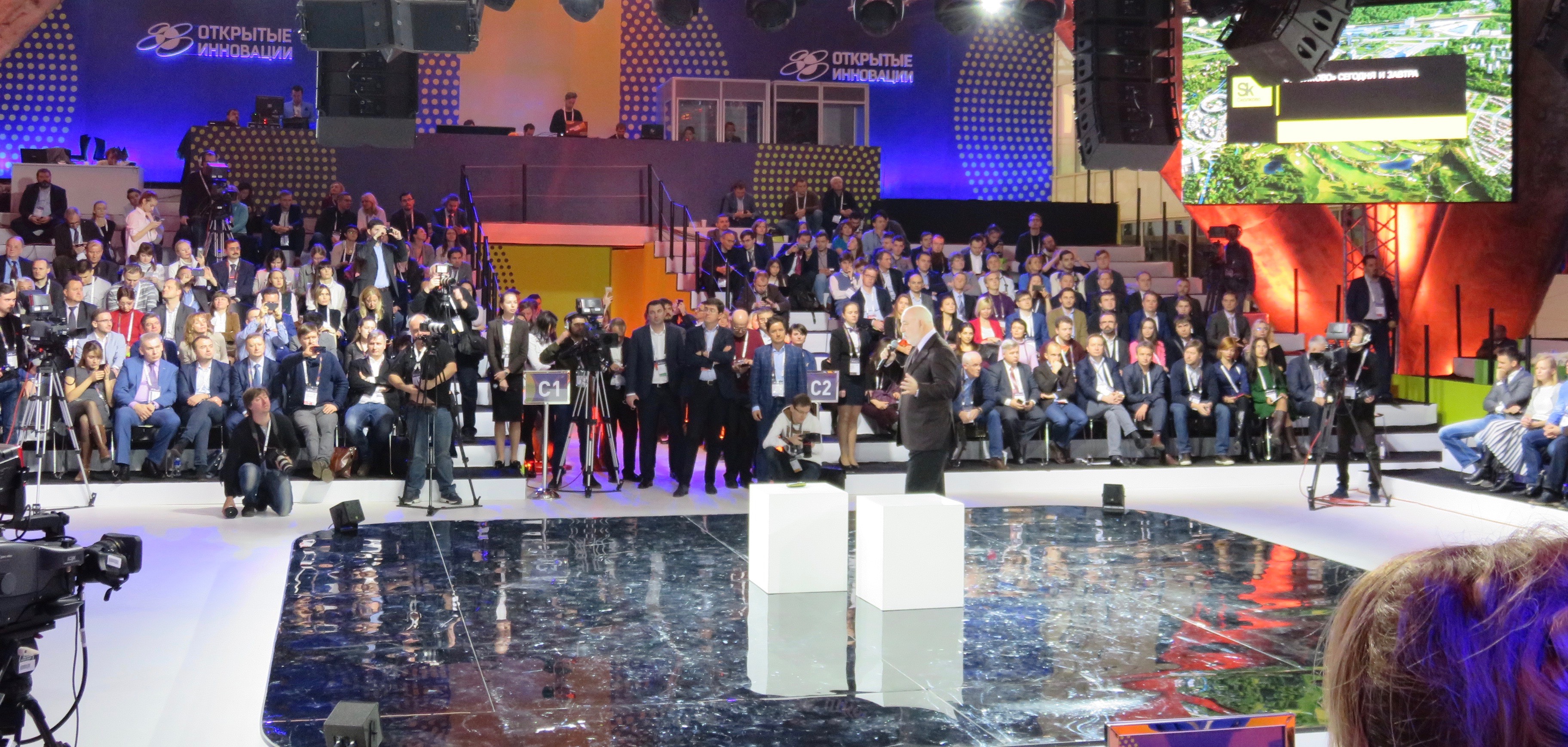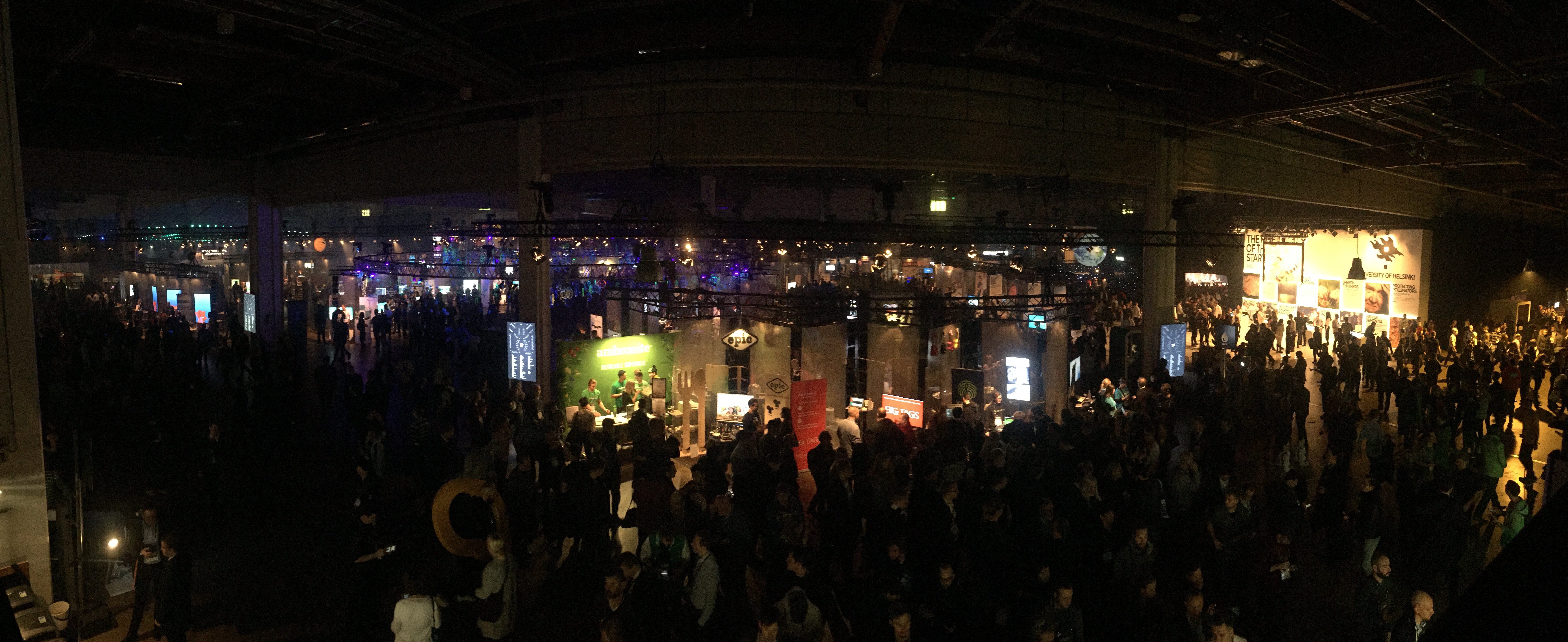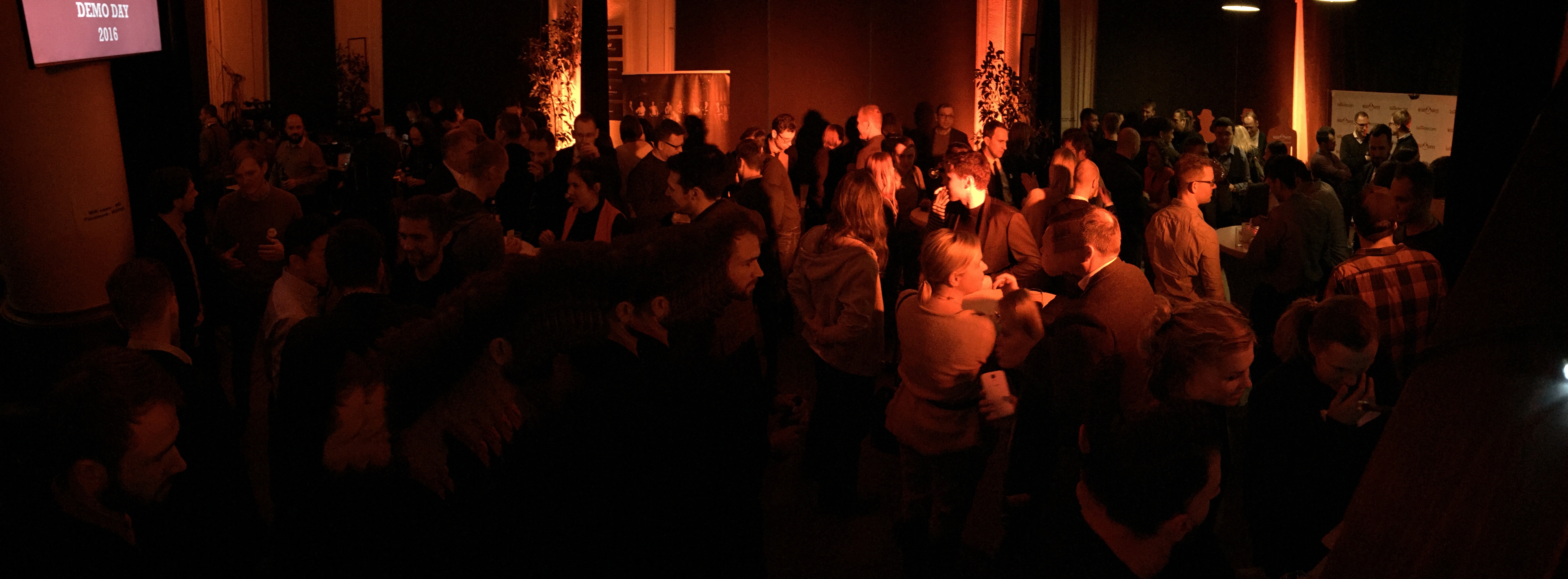As I have been travelling around the world trying to understand local innovation ecosystems, one of the most interesting things to uncover has been the driving forces behind the innovation movement in each particular city or country. What was the spark that ignited the entrepreneurial fire and who were the people fanning the flames?
My first stops, South Korea and Russia, shared a similar driver in the government. The governments of both countries have traditionally taken a very hands-on approach in many aspects of society, and the startup ecosystems have been no exception. The level of government intervention does vary by city, and larger cities like Seoul, Busan and Moscow have a mixture of regional and national government programs. Some cities also have strong programs organised by other groups, like ITMO University’s startup support scheme for its students in St Petersburg.
Each government takes a different approach and has different goals in mind, but in both countries much of the startup funding comes either directly or indirectly from the government and many of the support programs for startups are government-led. For South Korea the key aims are around job creation and reducing reliance on the super-size ‘chaebol’ conglomerates (e.g. Samsung, LG, Hyundai). For Russia it is about diversifying a struggling economy away from over-dependence on oil and gas and other natural resource (along with finding new ways to extend the profitability of these industries).
 Viktor Vekselberg, President of the Skolkovo Foundation, speaking at the 2016 Open Innovations Conference at Skolkovo
Viktor Vekselberg, President of the Skolkovo Foundation, speaking at the 2016 Open Innovations Conference at Skolkovo
If we look at the timelines of each ecosystem, we see that Russia kicked off its grandest project – the Skolkovo Foundation – in 2006, around the time that social media platforms like Facebook were really beginning to make their mark on the world. South Korea’s government-driven initiatives have tended to be more recent, with some key projects like D.Camp in Seoul and the Korea Credit Guarantee Fund launched in 2012. This timing coincides with some of the weakest growth levels for the country following the financial crisis, and with the beginning of a general rise in unemployment rates for young people.
Moving through to Finland, I was fascinated to discover that this was an ecosystem born and led by the students. University groups at pivotal institutions like Aalto University and University of Helsinki formed entrepreneurial societies which supported education, events and incubation of startups. Important groups like Startup Sauna grew out of these student societies and have helped to nurture and grow startups in Helsinki as well as sparking activity in other parts of Finland like Oulu. The annual Slush conference in Helsinki is testament to the success of the student groups – beginning in 2008 as a get together for 200 startups, since the Aalto Entrepreneurship Society took it over in 2011 it has grown to a global event with over 15,000 attendees.
 Bird’s eye view of Slush
Bird’s eye view of Slush
Nokia were also a key player for this ecosystem, initially by raising Finland’s international brand as a technology centre, and later during their downfall by freeing talent back into the ecosystem and giving young people the incentive to carve their own paths rather than relying on cushy corporate jobs. The timeline for the Helsinki movement began around 2008, in line with the growing popularity of the iPhone (and the related decline of Nokia), and interest in entrepreneurship developed rapidly as the financial crisis took hold.
Heading down to the Baltics, the drivers change again, with Estonia’s thriving ecosystem seeded by the success of startup pioneer Skype, acquired by eBay for $2.6 Billion in 2005 (and later bought by Microsoft for $8.5 Billion). This phenomenal exit brought investment funds back into the ecosystem to seed new startups and also freed up talent to begin new ventures - the so-called ‘Skype Mafia’ has spawned more than 30 new companies. This next generation of startups has now grown up and produced successful companies with ‘mafias’ of their own, most notably currency exchange platform Transferwise who have grown to 600 staff around in the world in the past few years.
 Companies spawned by the Skype Mafia, image courtesy of Huffington Post
Companies spawned by the Skype Mafia, image courtesy of Huffington Post
Tracing back the historic roots for the Skype success, one theory points to the Soviet decision to build an Institute of Cybernetics in Estonia, increasing technical expertise in the country at an early stage in digital development. There was also a specific case of a group of teachers having the forethought to bring some disused computers into their schools in the mid 1980s, allowing particular groups of young people the opportunity to get a head-start on tech education (apparently the original Skype techies came from this fortunate group). The Estonia government went on to value technology education with their pioneering ‘Tiger’s Leap’ program in the 1990s, which brought internet connectivity and computer labs to almost all schools across the country.
Most recently I have been exploring the ecosystem in Riga in Latvia, and here we have a different story once again. The Latvian ecosystem is the youngest and smallest of those I have studied so far. Similar to Estonia, the driver is from the startup community itself, although Latvia is missing large scale exits like the Skype deal, and this means there is minimal funding coming back into the ecosystem and less of an international brand. In this early Latvian ecosystem, it seems that the driving players are a small community with a big heart and a resilient sense of determination. This community is working to build events and co-working spaces, draw in funding and improve international branding, all with fairly minimal active support from the government.
The Riga group began with a few entrepreneurs banding together in 2011 to provide a space and an event to bring together the local startup community - this was the start of TechHub Riga and the annual TechChill conference. More recently, in February 2016, more of the ecosystem was united under the new Latvian Startup Association, who are taking an active role in lobbying the government for entrepreneur-friendly legislation. This has had some key early successes including the introduction of ‘Startup Law’ in 2017 to cap taxes small business employers must pay for their employees. The Startup Association was formed following the first Riga Venture Summit, which brought together investors from across the Baltics in 2015.
The latest group to join the Riga ecosystem is B2B accelerator Startup Wise Guys, who recently completed their first batch based in Riga. 2016 also saw the first annual Digital Freedom Festival, uniting the Baltic innovation community.
 Startup Wise Guys Demo Day in Riga
Startup Wise Guys Demo Day in Riga
You can’t help but be impressed with the efforts of the community in Riga, and with the genuine sense of comradery and support that exists in this small group. There is a down-to-earth realism as they recognise the challenges they face, and also a strong sense of pride in their young country that helps them dig their heels in and continue through slow growth and stagnant periods without funding. Having spent time with this group I too am hopeful and optimistic that their dogged work will pay off and prove that anyone with enough determination can drive startup growth in their region.
References:
South Korea youth unemployment rates
Skype Mafia